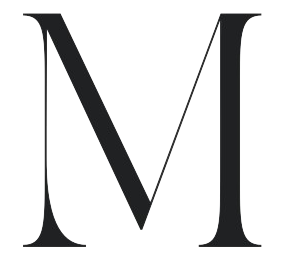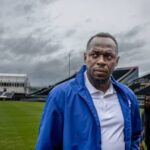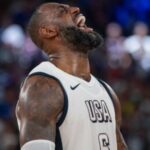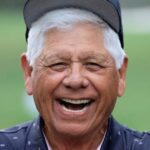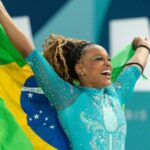In the context of the Olympics, “PRK” refers to North Korea, officially known as the Democratic People’s Republic of Korea (DPRK). The representation of North Korea in the Olympic Games adds a unique dynamic, given the country’s distinct political and cultural landscape. The Olympics offer a rare opportunity for North Korean athletes to interact with the global community, showcasing their talents and fostering a sense of international sportsmanship.
Table of Contents
ToggleUnderstanding, what is PRK in Olympics?
PRK stands for the Democratic People’s Republic of Korea. North Korea has a long history of participation in various sports, although it is often marked by the country’s isolationist policies. The participation of PRK athletes in the Olympics is a significant aspect of North Korea’s engagement with the world, providing a platform for showcasing national pride and talent.
PRK’s Place in the Olympics
North Korea made its debut in the Olympics in 1964 and has since participated in both Summer and Winter Games. The country’s athletes have competed in a variety of sports, with notable successes in disciplines such as weightlifting, gymnastics, and wrestling.
North Korea’s participation in the Olympics is often influenced by political considerations, including international relations and internal policies.
Rules and Regulations for PRK Athletes
North Korean athletes must meet the same international standards and qualifications as athletes from other countries to compete in the Olympics. However, there are additional layers of oversight and regulation by the North Korean government, which closely controls the selection and training of its athletes.

This centralized approach impacts everything from the athletes’ training regimes to their interactions with the media.
Training for PRK Athletes
Training for North Korean athletes is intense and highly regimented. The government invests significantly in sports programs, often identifying and nurturing talent from a young age. Training facilities and resources are provided, although they may not always match the levels seen in other countries.
The emphasis is on discipline and performance, with athletes often facing immense pressure to succeed.
Famous PRK Athletes
Over the years, North Korea has produced several notable Olympians. For instance, gymnast Ri Se-gwang and weightlifter Om Yun-chol have achieved significant success on the international stage, earning medals and recognition.
These athletes often become symbols of national pride and are celebrated within North Korea for their achievements.
The Structure of PRK Delegation
The North Korean Olympic team is typically managed by the country’s National Olympic Committee, which works under the supervision of the state. This body is responsible for selecting athletes, coordinating training programs, and managing logistics related to international competitions.
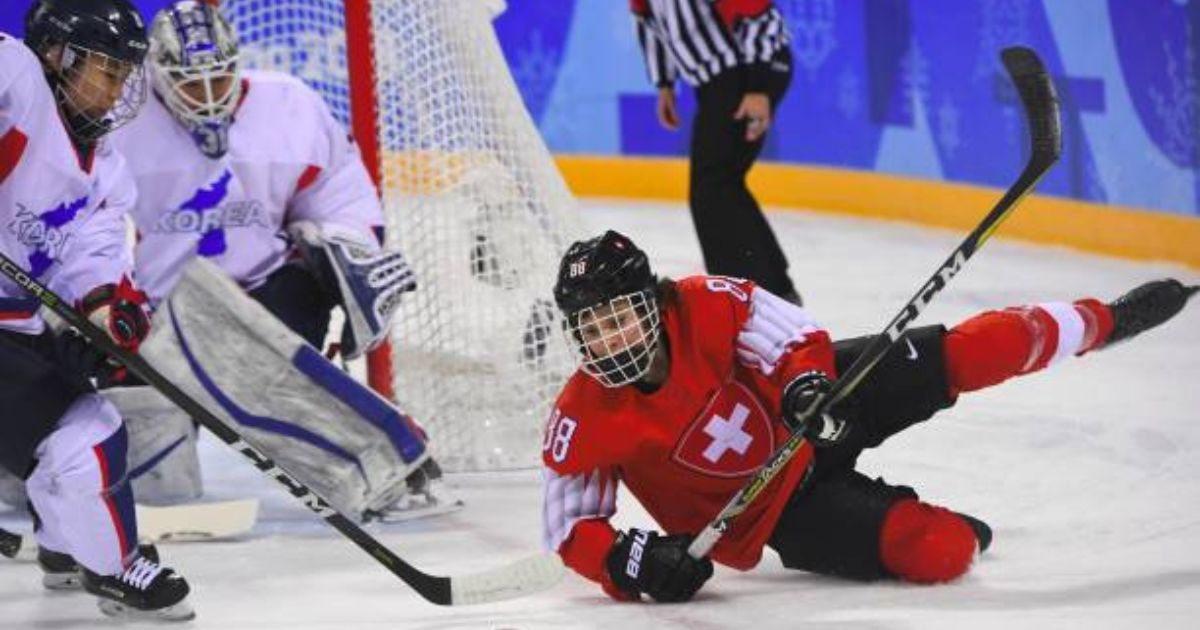
The delegation is usually accompanied by government officials and media representatives, reflecting the state’s interest in controlling the narrative around its athletes.
PRK and its International Relations
North Korea’s participation in the Olympics is more than just a sports event; it’s a form of diplomatic engagement. The country’s involvement often garners significant media attention and can influence international relations.
For example, the 2018 Winter Olympics saw a thawing of relations between North and South Korea, highlighted by a joint Korean team and coordinated public appearances.
Challenges Faced by PRK Athletes
North Korean athletes face unique challenges, including limited access to international competitions, economic sanctions, and political pressures.
The country’s isolation can also limit opportunities for its athletes to train abroad or gain exposure to different training techniques. Despite these challenges, many athletes excel and make significant achievements.
Technological Advances and Support in PRK Sports
While North Korea’s technological infrastructure may not be as advanced as in other countries, there have been efforts to modernize sports training facilities.
The government occasionally invests in new technologies and methods to improve athletes’ performance. However, access to the latest advancements can be restricted due to international sanctions and the country’s controlled information environment.
The Future of PRK in the Olympics
The future of North Korea in the Olympics will likely continue to be shaped by the country’s political landscape and international relations.
There is potential for more engagement and participation in global sports events, depending on diplomatic developments. Future Olympic Games could see more North Korean athletes participating, possibly in a broader range of sports.
Cultural Significance of Sports in PRK
Sports in North Korea serve multiple purposes, including promoting national pride, showcasing the country’s achievements, and reinforcing state ideologies. The government often uses sports as a tool for propaganda, emphasizing the strength and unity of the nation.
Click to read about What is TPE in the Olympics.
Despite this, sports also provide a genuine outlet for North Koreans to engage with the global community and experience international cultures.
PRK and Sportsmanship
Sportsmanship is an important aspect of any athletic competition, and North Korean athletes are no exception. While the state’s control can sometimes overshadow individual expressions of sportsmanship, there have been instances where North Korean athletes have displayed genuine respect and camaraderie with competitors from other countries.
How to Support PRK Athletes
Supporting North Korean athletes can be challenging due to the country’s isolation and limited interaction with the outside world.
However, international spectators can show their support by watching events, celebrating athletes’ achievements, and advocating for more inclusive sports policies that allow for greater participation of North Korean athletes in global competitions.
Conclusion
North Korea’s participation in the Olympics under the designation “PRK” adds a unique and intriguing dimension to the Games. Despite the challenges and complexities surrounding the country’s involvement, North Korean athletes have consistently demonstrated their skills and dedication.
As the global community continues to engage with North Korea through sports, there is hope for more open and positive interactions in the future.
FAQs
Which country is PRK Olympics?
In the context of the Olympics, “PRK” refers to North Korea, officially known as the Democratic People’s Republic of Korea (DPRK). This abbreviation is used to represent the country and its athletes during international sporting events, including the Olympic Games.
Why is North Korea called PRK?
North Korea is referred to as “PRK” in international contexts, including the Olympics, because “PRK” stands for the Democratic People’s Republic of Korea. This is the official name of the country, and “PRK” is derived from the English abbreviation of this name.
In Korean, the country’s name is 조선민주주의인민공화국 (Chosŏn Minjujuŭi Inmin Konghwaguk), which also translates to the Democratic People’s Republic of Korea. The use of “PRK” helps to standardize and clarify the country’s designation in global events and organizations.
